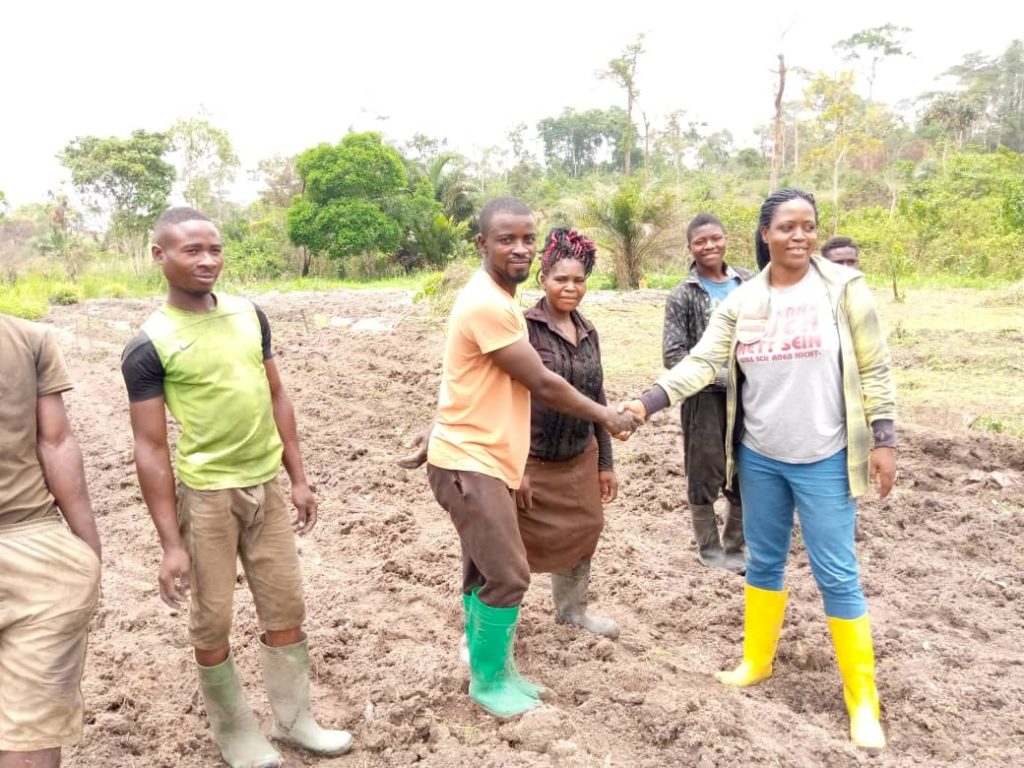
Nigeria’s press recently reported that the Eco-Citizen Ogoni Initiative (ECOI) – a coalition of environmental NGOs – has launched a major reforestation campaign in Ogoniland, Rivers State. As The Guardian notes, ECOI “launched an Eco Volunteer Portal to register 560,000 youth volunteers” for “its ambitious project of planting 560 million mangrove trees in the deforested Ogoniland”.
This portal (Https://www.ecocitizenogoni.org), unveiled on International Youth Day 2025, will mobilize young people as “Global Green Marshalls” to restore local ecosystems by 2035. Nigerian media (Punch, Vanguard, Guardian, Daily Trust, etc.) confirm these goals and report that the campaign also aims to create hundreds of thousands of green jobs in clean energy, agriculture, aquaculture and transport.
Rows of saplings ready for planting. Mangrove reforestation can sequester vast carbon and protect coasts. The Niger Delta mangroves are a critically important ecosystem. In fact, this region hosts Africa’s largest mangrove forest (covering over 100,000 km²). Mangroves store enormous amounts of carbon – on the order of 1.1 gigatonnes of CO₂ in Nigeria alone – and act as natural buffers against storms and erosion. They sustain fisheries and rich biodiversity, underpinning local food security and livelihoods. Unfortunately, decades of oil pollution, logging and invasive plants have severely degraded the Ogoni mangroves. Environmental reports note that “thousands of hectares of mangroves in the Niger Delta are destroyed,” harming aquatic life and local communities. These losses have deprived Ogoni people of traditional livelihoods (fishing, crustacean harvesting, etc.), and left entire coastlines denuded. Restoring the mangroves is therefore seen as crucial for climate mitigation, coastal protection and community well-being.
Eco-Citizen Ogoni has laid out an ambitious, multi-faceted plan that links ecological restoration with economic empowerment. Key goals and features include: